"Sustainable future" – you see it everywhere these days. Product labels. Marketing campaigns. Instagram stories. But stop for a second and really think about it: what does that actually mean? How can your shopping choices possibly tackle the massive challenges we're dealing with? And let's be honest – does any of this stuff really make a difference?
Ever wondered whether what you buy actually matters when you're looking at climate change and environmental problems? You're definitely not alone. The gap between wanting to do better and actually doing it isn't because we don't care enough. It's because making better choices has become way more complicated than it needs to be in a world that makes conscious living feel like a full-time job.
At Aloto, we think these questions deserve straight answers. Building a sustainable future isn't about nailing everything perfectly or making some huge statement. Real change happens when we completely flip how we think about shopping, using our stuff, and what happens when we're done with it.
Let's be real: what even is a 'sustainable future'? It sounds huge and complicated, but the core idea is simple. It's about living well today without stealing from tomorrow. Plain and simple. It means we can't keep kicking the can down the road on the big stuff — like climate change, a stable economy, and building sustainable cities where people can actually thrive.
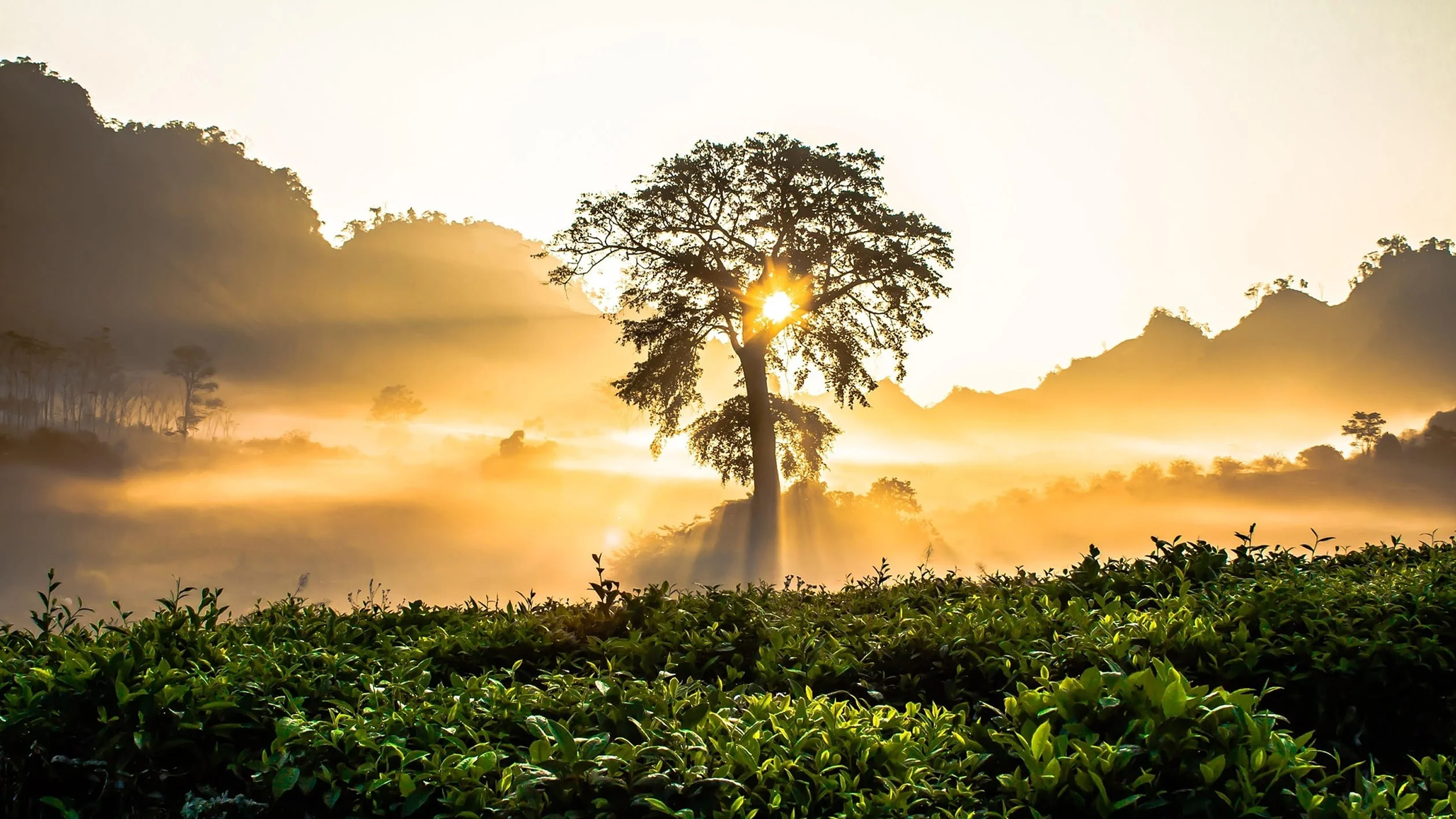
And here’s the part that trips people up. We think sustainability is all about the shopping cart — choosing the recycled-paper toilet rolls or the organic cotton shirt. And yeah, those choices are good, they matter. But a truly sustainable world isn't something you can just buy. It's a total mindset shift. It’s about questioning the entire journey of our stuff — from the ground to your closet and back again. The goal isn’t just to do less harm, but to be a part of a system that lets nature thrive and keeps our planet healthy for the long haul.
Just think about your own closet for a second. That jam-packed space with clothes you haven't worn in years? Every single shirt, every pair of shoes, has a story of energy, water, and resources behind it. And every one of them has a future — a future that right now probably ends in a landfill. So the question we should be asking isn't just "How do I shop better?". It’s "How do we build a system where the story of our stuff doesn’t just end?"
For decades, we've been stuck in this linear way of thinking: grab resources, make stuff, use it, toss it. This approach basically treats Earth like it's got unlimited materials and unlimited space for our trash. It's a system built on the idea that we can have endless economic growth on a finite planet – and spoiler alert: it's not working.
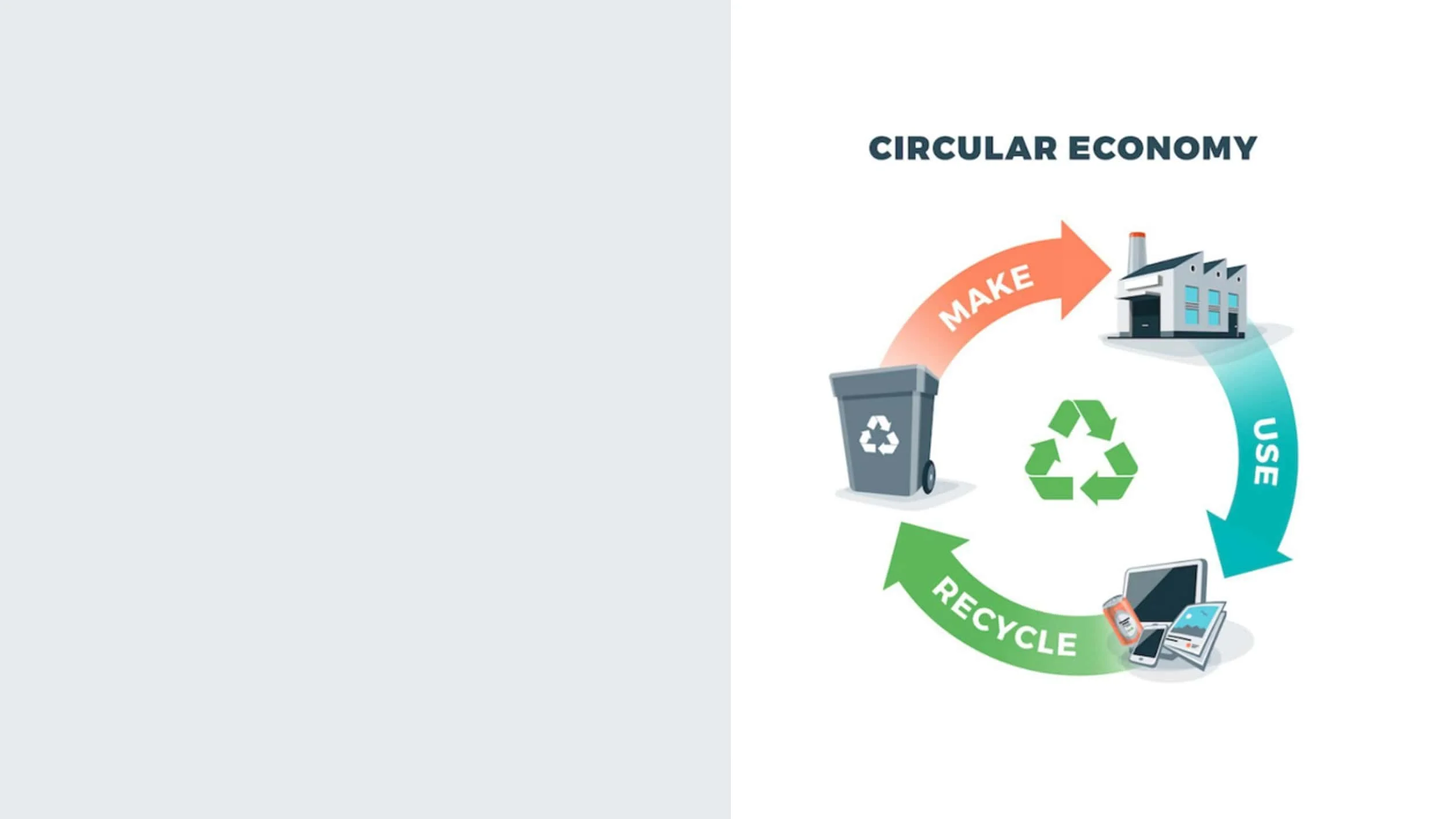
You see this linear thinking everywhere in daily life. We buy clothes, wear them a handful of times, then they're "so last season." We upgrade phones that work perfectly fine. We collect stuff that ends up in storage, then donation bags, and way too often, landfills.
The environmental damage is pretty staggering. Our buying habits play a huge role in climate change and using up resources. The fashion industry alone burns through massive amounts of energy during production and shipping. But here's the thing – the answer isn't to stop buying altogether. It's about completely changing how we think about owning and using stuff.
The circular economy flips this whole thing on its head. Instead of "take-make-toss," circular thinking asks: How can we keep stuff useful for as long as humanly possible?
In a circular system, your clothes don't just vanish when you're over them. They keep going through different paths:
When you're totally over something, it can find someone else who'll absolutely love it. This keeps stuff in circulation longer and makes cool things affordable for way more people.
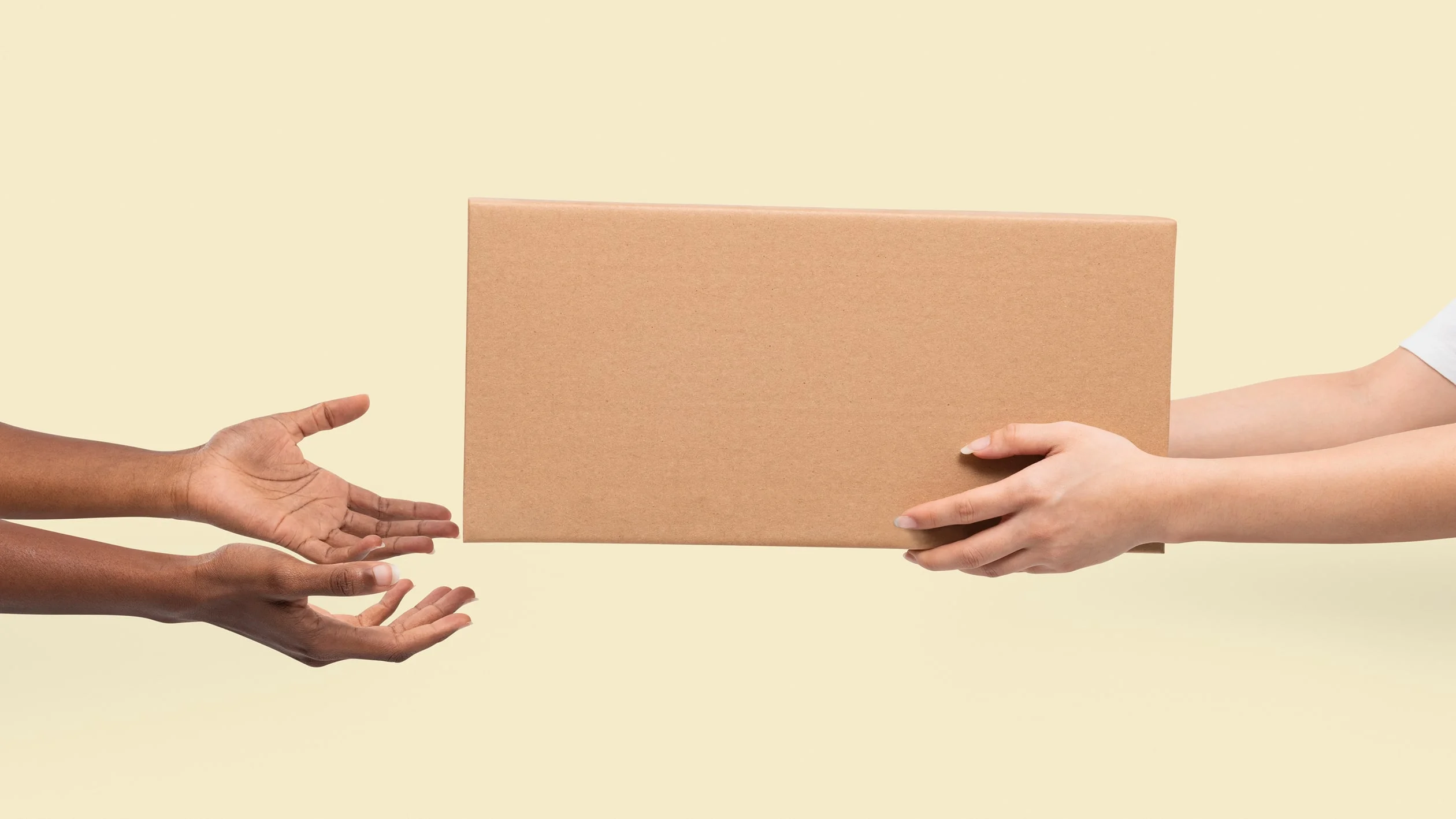
Good stuff that's still got life in it can help people through charities, community spots, or local groups. Sometimes the smartest move is turning old materials into something totally different and awesome. And when things really are done for good, proper recycling means those materials become new products instead of just messing up our environment.
This circular approach doesn't just cut down on waste – it actually makes positive change by keeping resources working, supporting local communities, and reducing the need for pulling new materials out of the ground.
So, can one person's shopping habits really make a difference? We get it. It feels like a drop in the ocean. But here’s the thing: your daily choices are a powerful form of engagement. Every time you support a conscious business, you’re sending a message. A loud one. You’re telling the whole industry what you expect, creating a ripple effect of positive impact.
And you’re not alone. When our individual efforts join forces, that’s when things really start to shift. That's how we tackle the big, scary stuff like global challenges and pollution – not with one grand gesture, but with millions of small, stubborn choices that inspire others to do the same.
This isn’t about giving stuff up. It's about getting smarter and finding practical solutions. Choosing that one great jacket over five cheap ones. Aloto is here to provide the tools to make that easier. We cut through the greenwashing so you can explore brands that actually walk the talk. And what happens when you’re done with it? That’s half the battle. Thinking about where your clothes go next — resale, donation, a new life — is a huge deal. It's a direct way to lower energy consumption, protect our planet’s biodiversity, and pump value back into our communities.
And you know what’s weirdly great about all this? It actually makes your own life better, boosting your personal well-being and even your health. Seriously. It's that feeling of calm in a room that isn't crammed with stuff. It’s the real connection you make with people. It’s just... easier.
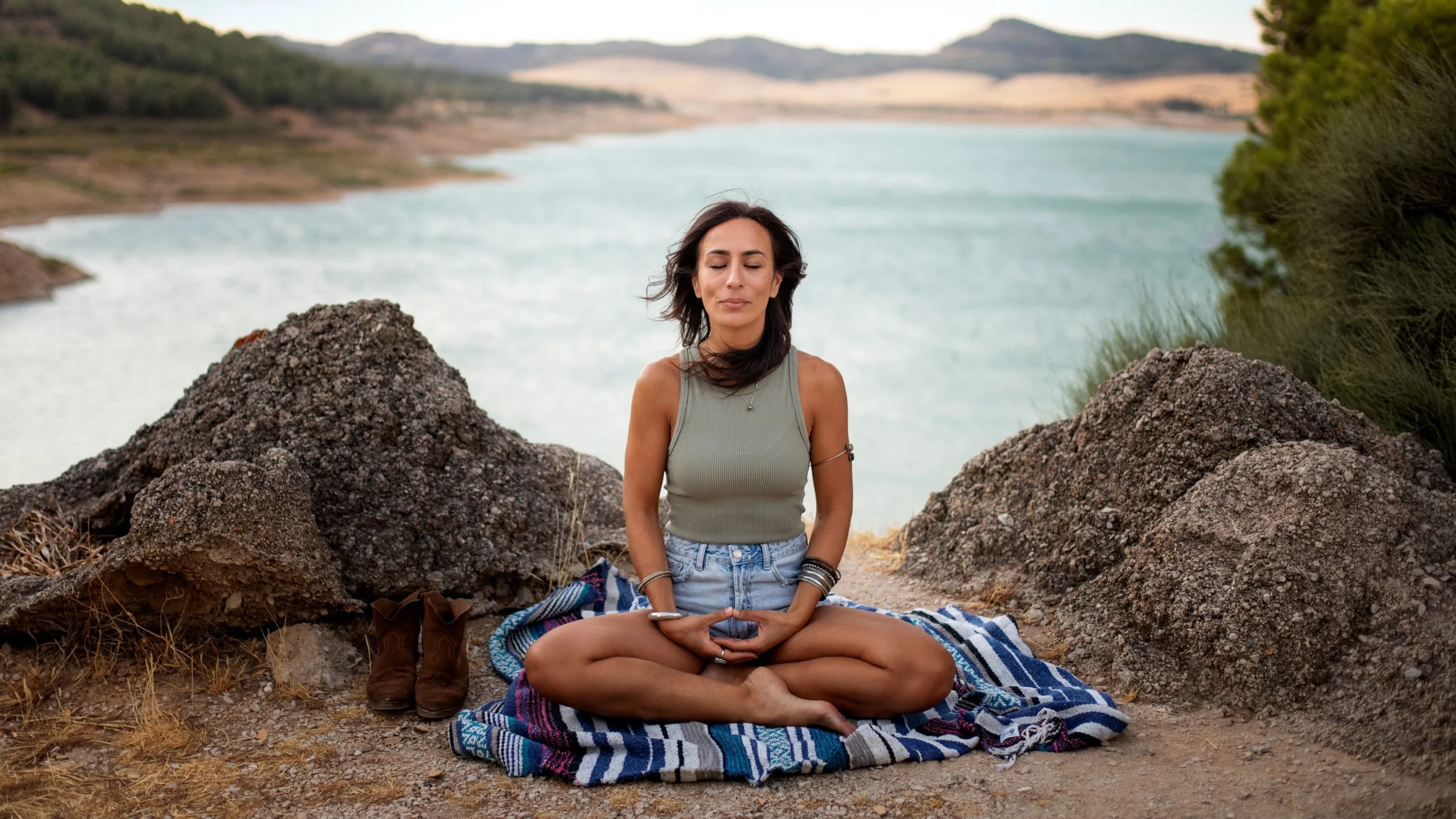
That good feeling isn't just in your head. It’s part of the answer to tackling climate change and shows that personal choices are the foundation of a healthier society. Look, we still need governments and companies to step up. That’s a given. But the circular economy is our practical plan for real prosperity. It’s how we achieve sustainable development that reduces inequality, rather than making it worse. It's a system that requires a new kind of partnership between brands, people, and the communities they operate in.
This isn't just about recycling bins; it's about building new infrastructure for sustainable cities. It's about better education on where our stuff comes from and where it can go. This model strengthens our civil society by creating local jobs and opportunities, building a better future that actually works for everyone.
So here's where Aloto comes in. We kicked things off by asking a pretty simple question: Why is shopping consciously so damn complicated? Why should you have to spend your weekend researching brands just to buy clothes that match your values?
Our platform started as a way to make conscious purchasing actually simple – help you find and support better brands whether you're just starting your sustainability journey or you've been at this for years. From the beginning, we knew that without circularity, none of this would really work. We're building a solid link in this system and continuing to work on other stages too, including through reliable partnerships.
Right now, we're making conscious shopping simple for everyone, changing how people find and support better brands. We think shopping with a heart shouldn't mean giving up convenience or style, because we firmly believe sustainable fashion is the future.
Where we're headed is pretty exciting though. We're working toward creating a more sustainable future where picking fashion responsibly and easily passing clothing along becomes totally normal. This means evolving from a discovery platform into one of the comprehensive sustainable future solutions that supports the fashion industry.
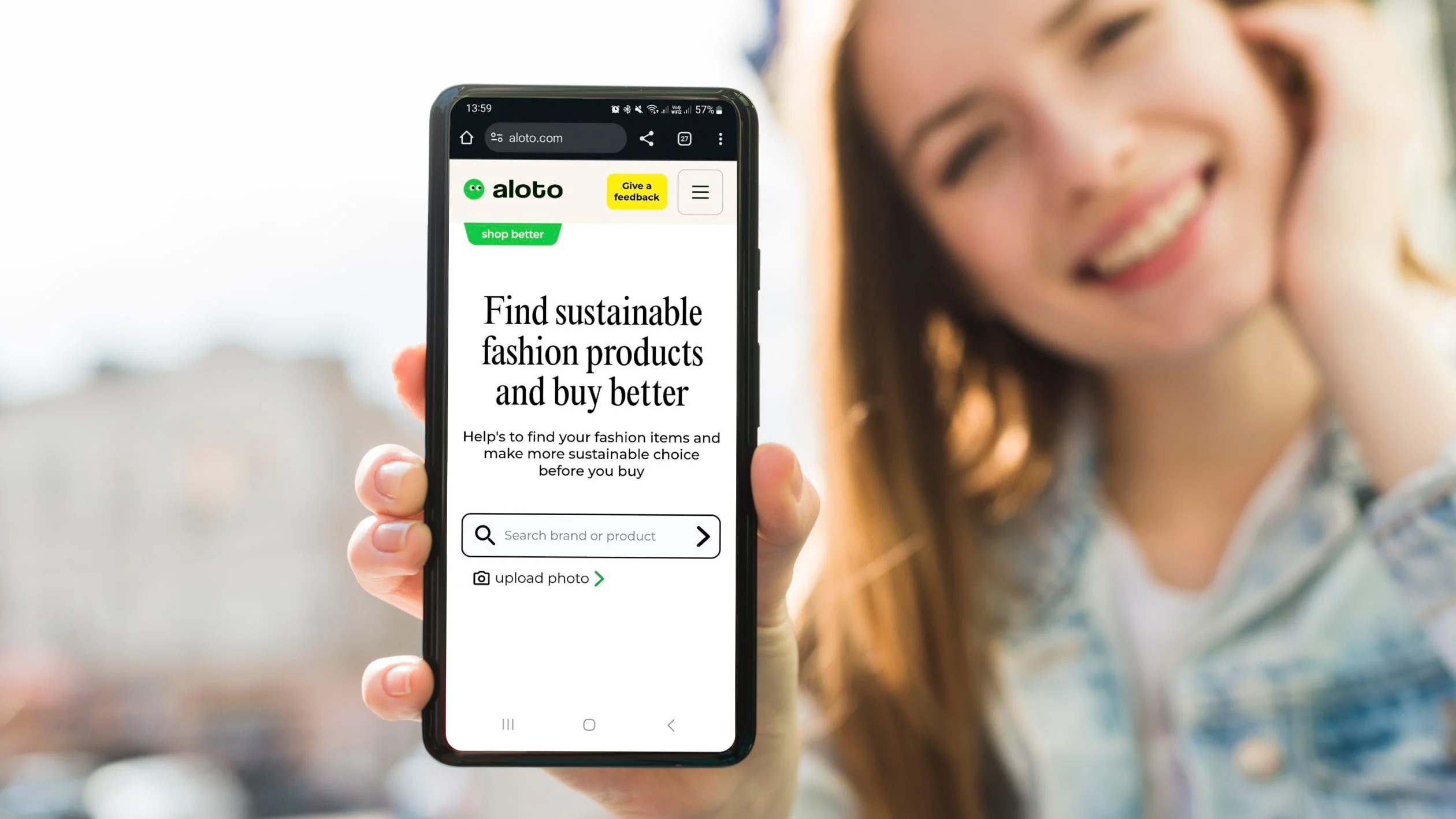
Here's how we see it playing out: When you find that perfect ethical clothing brand through Aloto, we'll also be there when you're ready to pass those pieces on to someone new. When you discover fashion items that match your values, we use technology and AI to give you easy ways to donate or resell when your style changes.
This stuff actually helps tackle environmental challenges while making conscious living doable for more people in different cities.
Building a sustainable future starts with the choices you make today. It's built into easy processes, not added as extra hassle. At Aloto, we're committed to making those choices simpler and more accessible for everyone.
Whether you want to find ethical brands, discover products that match your values, or eventually get involved in circular systems that keep items useful longer, we're here to help you figure it out.
Check out Aloto.com today and join a community where people think every choice matters. Together, we can build a future where sustainability isn't just some distant goal – it's actually how we live day to day.
The circle starts with you. What's your next conscious choice going to be?